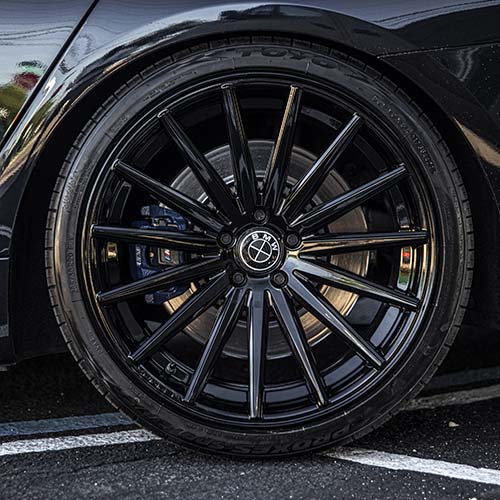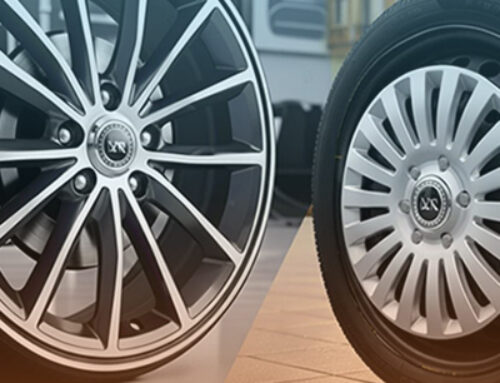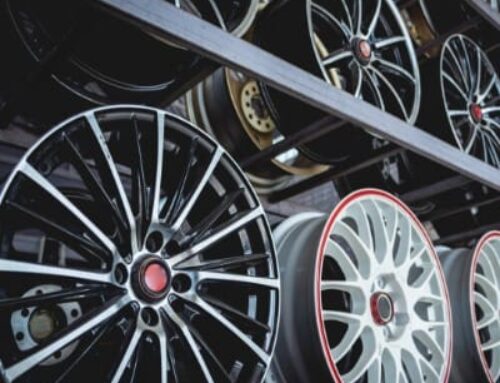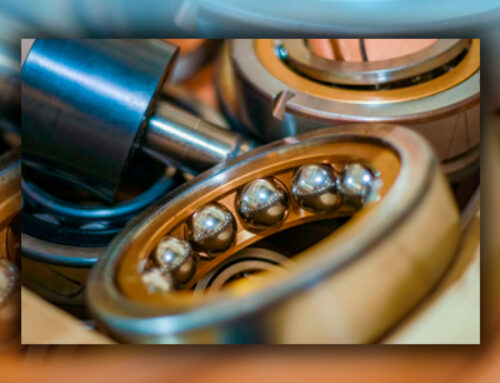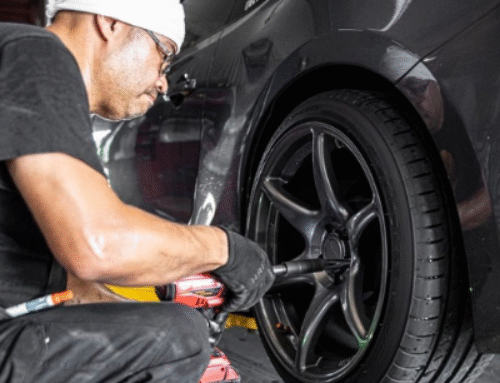BMW Wheels FAQ: Everything You Need to Know
Are all BMW wheels the same bolt pattern?
While BMW vehicles generally feature a standard bolt pattern of 5×120, it’s essential to note that not all models have identical bolt patterns. Some variations may exist, so it’s crucial to verify compatibility before purchasing new rims.
Can I put any rims on a BMW?
While it’s technically possible to install aftermarket rims on a BMW, it’s essential to ensure that the bolt pattern, centerbore, width, diameter, and offset match your vehicle’s specifications. Sticking close to stock dimensions minimizes fitment issues and maintains optimal handling.
How do I know if my rims are compatible?
Refer to your BMW’s owner’s manual or the manufacturer’s website to determine the recommended rim size, bolt pattern, and offset for your specific model. Ensuring compatibility is essential for safety and performance.
How can I tell if my BMW rims are genuine?
Authentic BMW rims typically feature an official BMW stamp on the back and may include an “M” badge below the front center cap. Additionally, genuine BMW OEM wheels often have a three-digit manufacturer’s code near the valve stem.
What are BMW rims made of?
BMW alloy wheels are primarily crafted from cast aluminum, with approximately 95% of the wheels produced using this material. Cast aluminum offers a balance of strength and weight, contributing to both performance and aesthetics.
Who makes BMW alloy wheels?
Beyern Wheels is the primary manufacturer of custom alloy wheels exclusively designed for BMW vehicles. Offering a range of styles and finishes, Beyern Wheels incorporate the iconic BMW logo and ensure compatibility with stock bolts, simplifying the installation process.
BMW wheels play a vital role in enhancing the overall look and performance of your vehicle. By understanding their composition, compatibility, and available options, you can make informed decisions to keep your BMW rolling smoothly and stylishly on the road.

